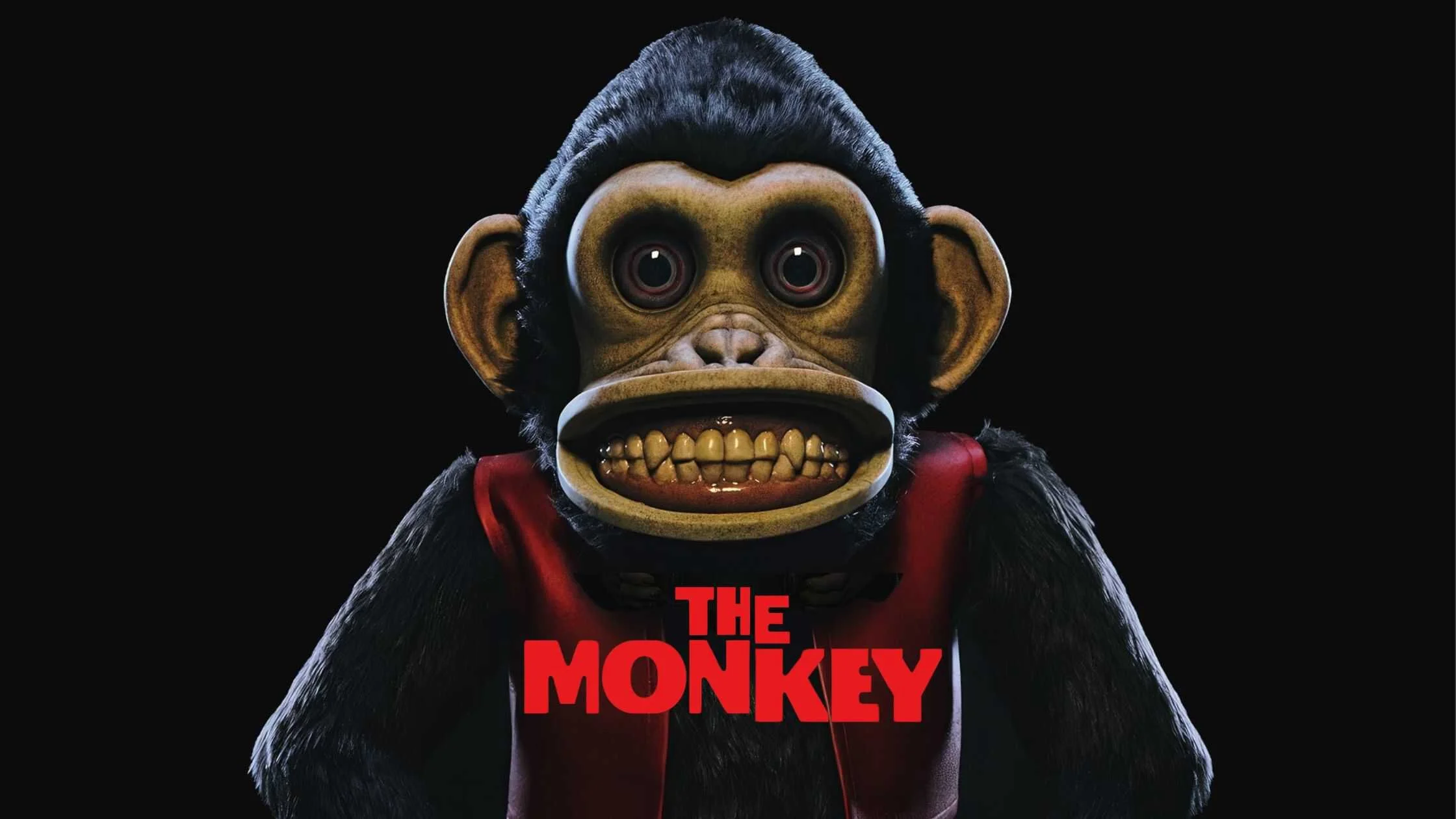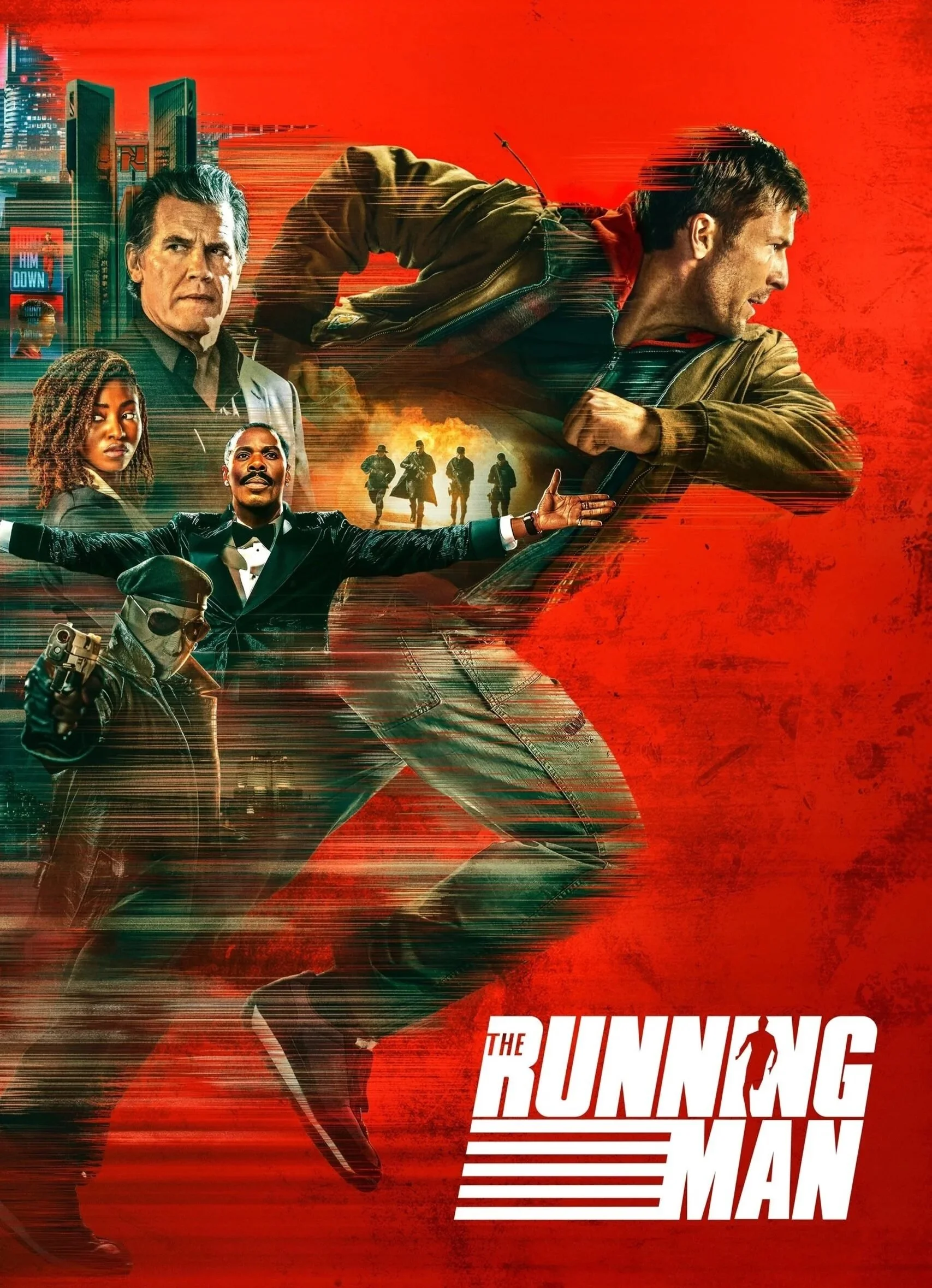The Long Walk

This movie adaptation of Stephen King’s 1979 dystopian novel feels sadly prescient, but the bleak story of an America that’s descended into totalitarian rule is counterbalanced by the portrayal of camaraderie and human spirit in the face of hopelessness.
Premise: Set in an alternative 20th century America, the country is suffering a severe economic depression after a devasting war, and is now ruled by a totalitarian military regime that promises to restore the country to its former glory and prosperity through the hard work and dedication of its people. To inspire the destitute workforce, each year the regime holds ‘The Long Walk’: a competition in which one teenage boy from each State is randomly selected, and then they all have to keep walking – day and night, over hundreds of miles – until only one of them is left. For the winner, a large cash prize and the granting of a ‘wish’ of their choosing; for everyone else, death.
Review:
It's ironic that 2025 sees the big-screen adaptation of not one but two of Stephen King’s dystopian thriller novels – but whereas the upcoming adaption of The Running Man looks set to cloak its social satire in the trappings of a Hollywood action blockbuster, The Long Walk has no time for any such frivolity. It’s bleak, unflinching and uncompromising in its depiction of people trying to survive in a world without any real hope ... but it’s also oddly uplifting with its message of finding joy in little moments, and in friendship and love, amongst the unrelenting hardship. It reminds viewers of the resilient nature of the human spirit in the face of insurmountable odds, and that in the end, that may be the only real victory that some can achieve.
The Long Walk is directed by Francis Lawrence, himself no stranger to dystopian American societies having directed all-but-one of The Hunger Games films. Aesthetically, there are parallels between the destitution depicted in The Long Walk and the hardships seen in District 12 in The Hunger Games, but in the world of The Long Walk there is no Capitol where a life of luxury continues uninterrupted. Instead, we only get hints about the authoritarian military regime that controls the country, but the regime’s justification for holding ‘The Long Walk’ each year is that it ‘inspires’ the country’s workforce into a noticeable increase in productivity, which will help the regime to make America great again.
“…the director keeps the audience’s attention gripped throughout…”
Whatever the justification for the barbarity (and it is barbaric, with anyone who drops below the required speed of 3 mph being executed by the soldiers who are ‘escorting’ the contestants), the whole exercise is a mockery of the concept of free will. The regime – personified by Mark Hamill‘s character, known simply as ‘The Major’ – claims that all of the contestants voluntarily entered the ballot for places on the Long Walk, but it becomes apparent that everyone is expected to do their patriotic duty by putting their name in the ballot. And the PR for the Long Walk would have the public believe that all anyone needs to win is the will and determination not to give up ... but as the contestants walk without interruption or break day and night for hundreds of miles, it becomes clear to them that it’s not as straightforward as that.
I have to say that Francis Lawrence does a fantastic job of bringing to life what could, on paper, sound extremely uncinematic. The vast majority of the film is – as the film’s title suggests – just scenes of the boys walking along endless stretches of tarmac flanked by their miliary escort. There are no cutaways to what’s happening elsewhere, and there are only a couple of flashbacks as memories intrude upon the contestants’ sleep-deprived minds. But Francis Lawrence keeps the audience’s attention gripped throughout, whether it’s with vistas of the desolate but beautiful countryside that the contestants are trekking through, or with the various interactions between the walkers, or with some of the most convincing portrayals of mental and physical exhaustion that I’ve seen for quite some time.
“…a deranged, domineering authoritarian who’s built up a cult of personality around him…”
The cast are great at bringing the realities of the Long Walk to life, and Francis Lawrence has assembled a fantastic ensemble cast. Cooper Hoffman (son of the late, great Philip Seymour Hoffman) plays Ray, the contestant that the audience is first introduced to, and we gradually learn that there's more to him than simply being the ‘everyman’ character. David Jonsson continues his phenomenal run of great performances, following his breakthrough in Rye Lane and his movie-stealing dual-role in Alien: Romulus. Here, he plays Pete, an enigmatic and confident contestant who Ray meets at the start line. They soon strike up a conversation with Art (Tut Nyuot) and Hank (Ben Wang, who’s having a bit of a moment following his breakthrough in American Born Chinese, and then his leading role in this year’s Karate Kid: Legends), and the four of them agree to keep each other’s spirits up over the miles to follow.
Less team-spirited are the single-minded Stebbins (Garrett Wareing), and the antagonistic Barkovitch (Charlie Plummer) – but Francis Lawrence makes sure to remind us that all of the contestants are in the same boat, and that the real enemies are the ones pointing the guns, personified in the film by Mark Hamill’s ‘The Major’. A few years ago, you could have argued that Mark Hamill’s performance of a deranged, domineering authoritarian who’s built up a cult of personality around him was a little over-the-top and unrealistic – but today, that’s sadly no longer the case.
“…finds moments of real friendship, love & companionship amidst the horrors…”
As a film, The Long Walk is pretty bleak – how could it not be when the characters live in a world without hope, and where all of the contestants know that only one of them will survive the ordeal? But the beauty of the film is that it finds moments of real friendship, love and companionship amidst the horrors of the world – and those moments are the characters’ small victories against the totalitarian state.







